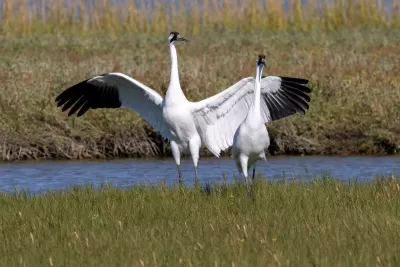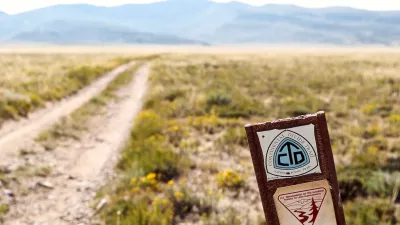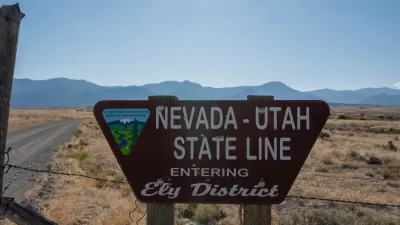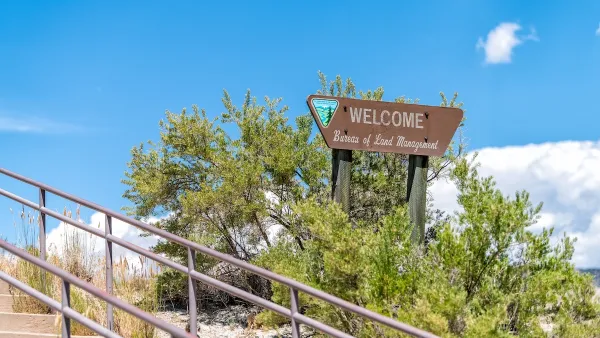The year brought some important victories to advocates for public lands, national monuments, and the reclamation of Indigenous history.

According to The Wilderness Society, despite a potentially grim future for conservation, “From landmark rules that make polluters pay their fair share to the expansion of national monuments, 2024 brought us solid wins worth celebrating—many of which position public lands as a vital part of the solution to the climate crisis.”
An article on the Society’s blog highlights some key wins, such as the Bureau of Land Management’s (BLM) Public Lands Rule. While controversial (and challenged in court) in some states, the rule aims to expand protection for public lands and elevates conservation in the range of potential uses of federally owned lands. “Also in April, the BLM released its Renewable Energy Rule—a step toward accelerating the development of wind and solar projects on public lands, aligning with President Biden’s goal of achieving 100% clean electricity by 2035.”
Meanwhile, President Biden expanded the San Gabriel Mountains National Monument and Berryessa Snow Mountain National Monument in California, “ensuring Californians’ access to nature, protecting important cultural landscapes and preserving critical wildlife habitat.”
Indigenous groups in North Carolina and eastern Tennessee achieved an important win in the movement to reclaim Indigenous names on public lands with the renaming of Kuwohi.
“Significant progress has been made in safeguarding treasured landscapes from drilling and mining, with several key victories highlighting this momentum.” Just after the election, the Biden administration took action to secure key protections for the Arctic National Wildlife Refuge.
FULL STORY: 10 conservation and public lands victories from 2024

Planetizen Federal Action Tracker
A weekly monitor of how Trump’s orders and actions are impacting planners and planning in America.

Map: Where Senate Republicans Want to Sell Your Public Lands
For public land advocates, the Senate Republicans’ proposal to sell millions of acres of public land in the West is “the biggest fight of their careers.”

Restaurant Patios Were a Pandemic Win — Why Were They so Hard to Keep?
Social distancing requirements and changes in travel patterns prompted cities to pilot new uses for street and sidewalk space. Then it got complicated.

Platform Pilsner: Vancouver Transit Agency Releases... a Beer?
TransLink will receive a portion of every sale of the four-pack.

Toronto Weighs Cheaper Transit, Parking Hikes for Major Events
Special event rates would take effect during large festivals, sports games and concerts to ‘discourage driving, manage congestion and free up space for transit.”

Berlin to Consider Car-Free Zone Larger Than Manhattan
The area bound by the 22-mile Ringbahn would still allow 12 uses of a private automobile per year per person, and several other exemptions.
Urban Design for Planners 1: Software Tools
This six-course series explores essential urban design concepts using open source software and equips planners with the tools they need to participate fully in the urban design process.
Planning for Universal Design
Learn the tools for implementing Universal Design in planning regulations.
Heyer Gruel & Associates PA
JM Goldson LLC
Custer County Colorado
City of Camden Redevelopment Agency
City of Astoria
Transportation Research & Education Center (TREC) at Portland State University
Camden Redevelopment Agency
City of Claremont
Municipality of Princeton (NJ)





























